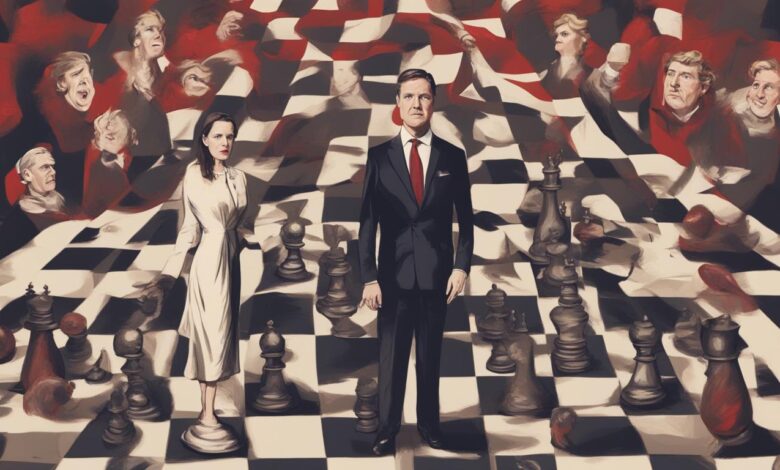Former Tory MP Natalie Elphicke defects to Labour, sparking controversy

Natalie Elphicke’s unexpected move from the Conservative to the Labour Party has stirred debates over party alignment and leadership in UK politics.
Natalie Elphicke, a former Conservative MP known for her right-wing views, has controversially defected to the Labour Party, sparking debates and criticism across the political spectrum. Elphicke, who has previously been suspended from Parliament and criticized public figures like Marcus Rashford, cited dissatisfaction with current Conservative leadership under Prime Minister Rishi Sunak and concerns over issues like housing and border security as her reasons for the switch.
This move has intensified scrutiny on Labour leader Keir Starmer’s strategy, as Elphicke’s defection coincides with Labour facing criticism for potentially shifting towards the centre-right, alienating some of its base. Critics within Labour have voiced concerns over the compatibility of Elphicke’s prior stances with the party’s values, while Tories have described the defection as unexpected, considering her prior political positions.
The Labour Party, under Starmer’s leadership, is using Elphicke’s defection to demonstrate the party’s broad appeal and evolving stance, hoping to capitalize on political momentum, despite the internal and external controversy it has sparked. The strategic acceptance of Elphicke has been defended by Labour chairwoman Anneliese Dodds, even as it stirs disputes about the direction of the Labour party and its core principles.
Nigel Farage has also commented on the situation, criticizing Elphicke’s motives and dismissing her justifications for leaving the Conservative Party as insubstantial. He speculated about potential personal gains from her political move, a suggestion that has added to the overall intrigue and speculation surrounding this high-profile party switch. Elphicke has denied such allegations, particularly concerning any promise of a peerage.
As the political landscape adjusts to this development, the reactions continue to highlight the complexities and strategic calculations influencing UK politics, particularly in terms of party loyalty and leadership challenges.








